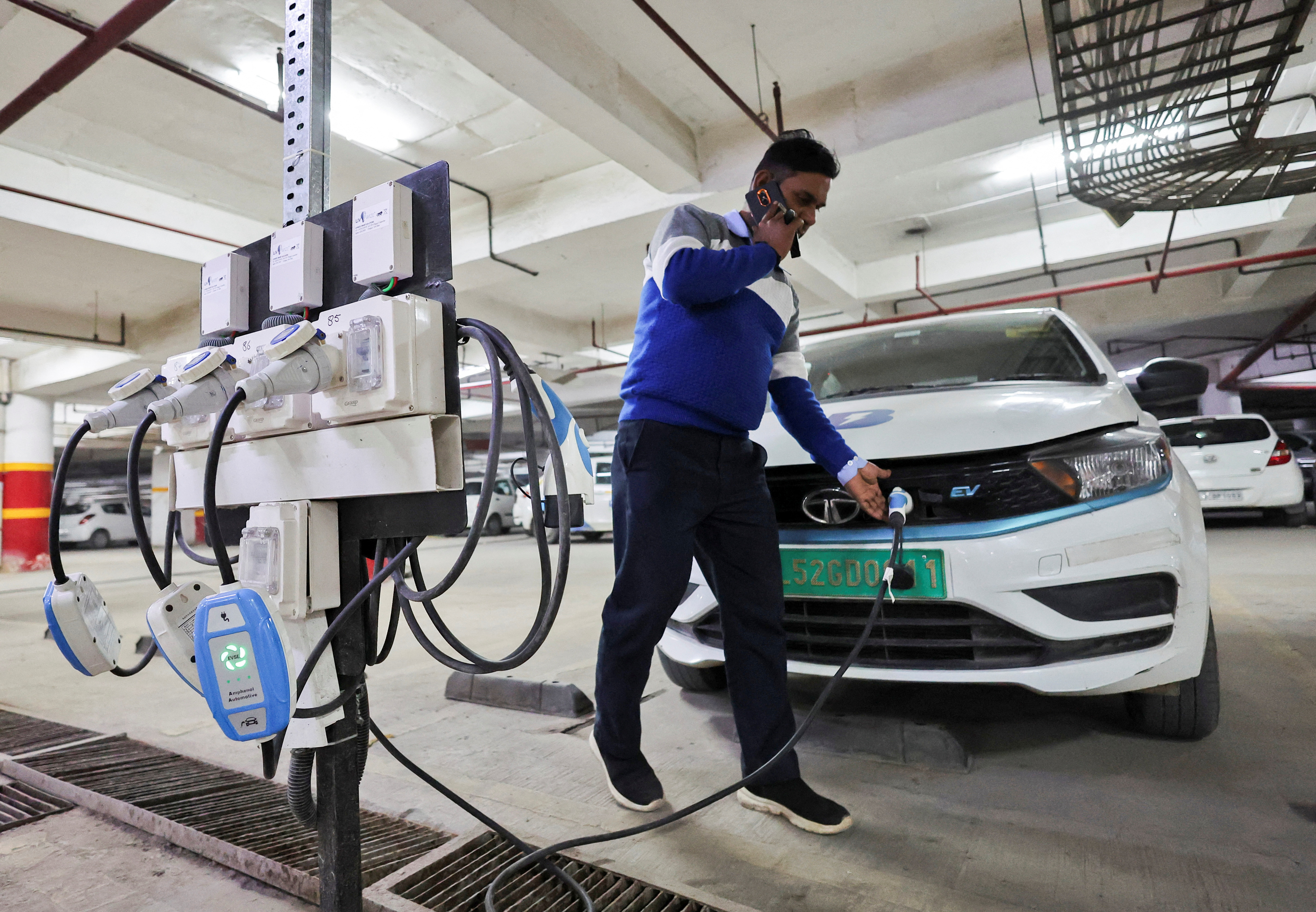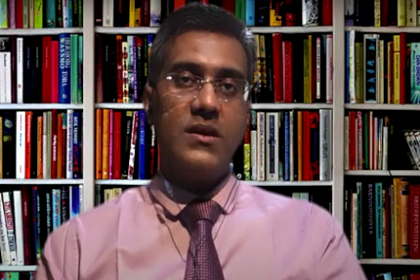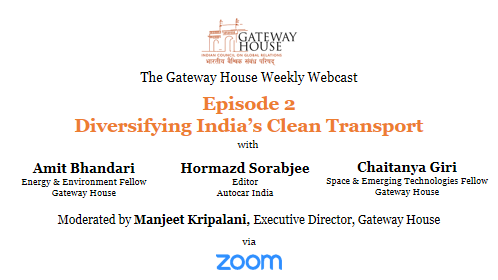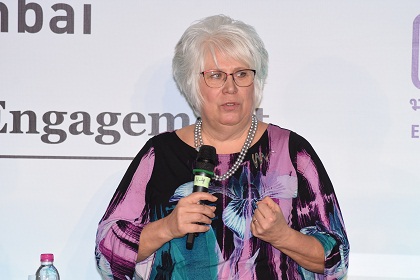Unfolding Geopolitics, Episode 15 | Strategic autonomy through technology innovation
India’s journey to becoming a developed economy by 2047 will require it to transform from a a technology consumer to becoming a global technology provider. Sanjay Anandaram, co-founder, iSpirt discusses the need for robust institutional frameworks, innovation policy, and the role that technology plays in ensuring strategic autonomy in Global South countries.











